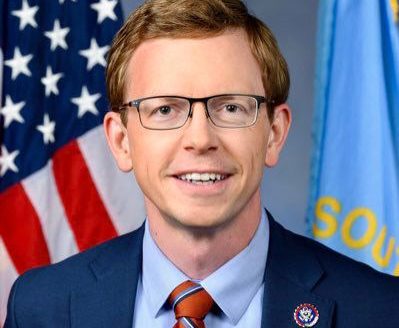I attended a Groundwater Management District 4 meeting in Cheyenne County, Kansas, recently. Several citizens and irrigators attended, but there seemed to be little interest, other than from dryland farmers and livestock producers, in further action to save the Ogallala Aquifer.
I stated that any water withdrawal beyond the recharge rate was irresponsible and a betrayal of our children’s future. There was little response.
I asked about sources of recharge and how the recharge rate was being considered. Historical recharge sources, such as the South Platte and Arkansas Rivers, are drying up prior to crossing the eastern border of Colorado. Development on the Front Range of Colorado is exploding, using up more and more of the mountain runoff before it can recharge the Ogallala Aquifer. This will only get worse. It must be figured into any conservation plan.
It’s almost comical that Nebraska thinks by building a canal in eastern Colorado, it can restore water flows to its state. The batteries of wells, like at Laird, Colorado, that pump precious Ogallala water continuously in the off season to send water to Kansas is the definition of folly.
We must shift to dryland conservation farming now. Grow wheat, and more barley and milo, instead of corn, for livestock operations. Highly erodible acres should be returned to grass permanently, not the typical Conservation Reserve Program in-and-out game.
Overall farm policy needs to change to preserve resources and our own ability to feed ourselves. Growing subsidized corn from the declining Ogallala Aquifer to export to Mexico, at below-cost-of-production prices, to put Mexican farmers off their land, reducing Mexico’s ability to feed itself, is shameful. This misguided policy only helps multinational corporations in providing cheap labor (former farmers) and cheap corn to its Mexican pig factories.
If only we could see the disappearing aquifer, like the shocking satellite images of lakes Powell and Mead, perhaps we would take stronger measures to preserve it.
A couple of water films I helped with can be found at the following links:
Day Zero on Amazon prime at bit.ly/43kzJjQ.
Meathooked End of Water on HBO/VICE at bit.ly/3Wq4eTm.
Mike Callicrate is from St. Francis, Kansas.




